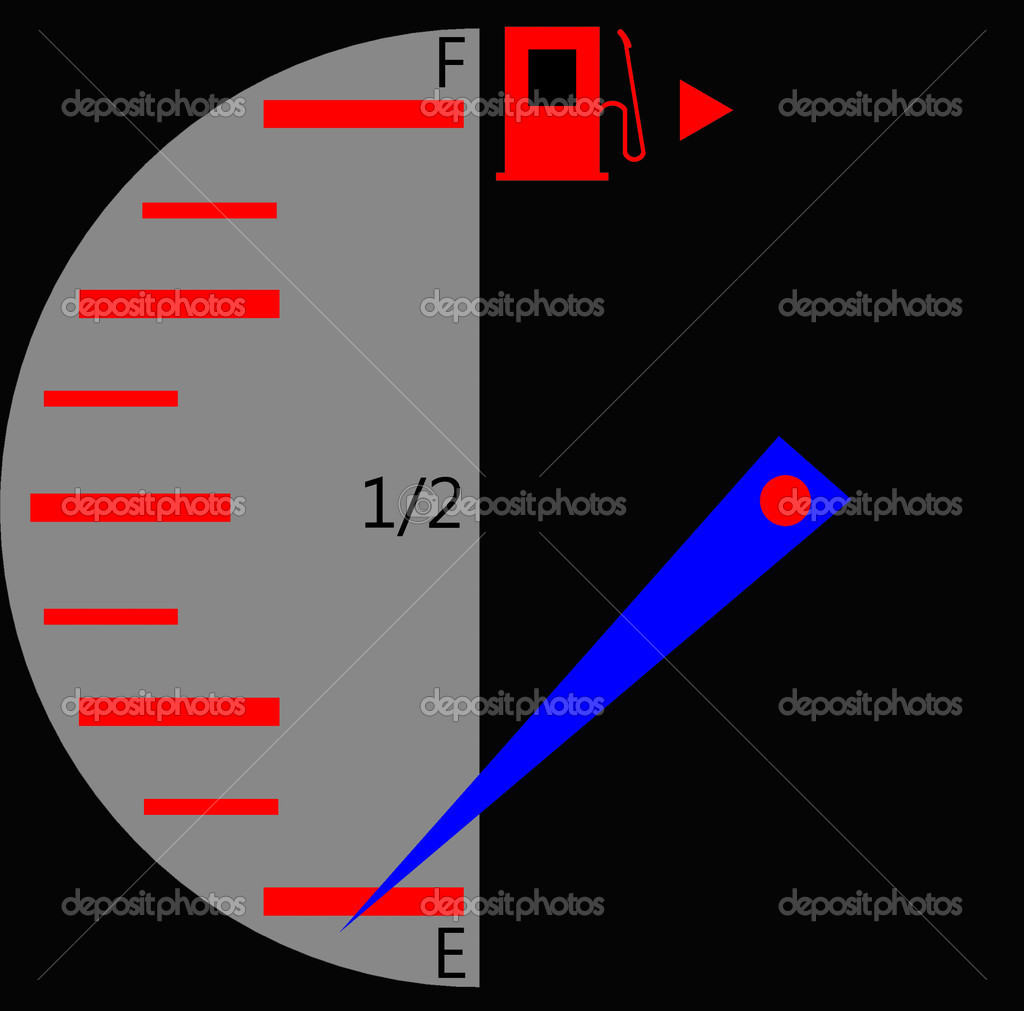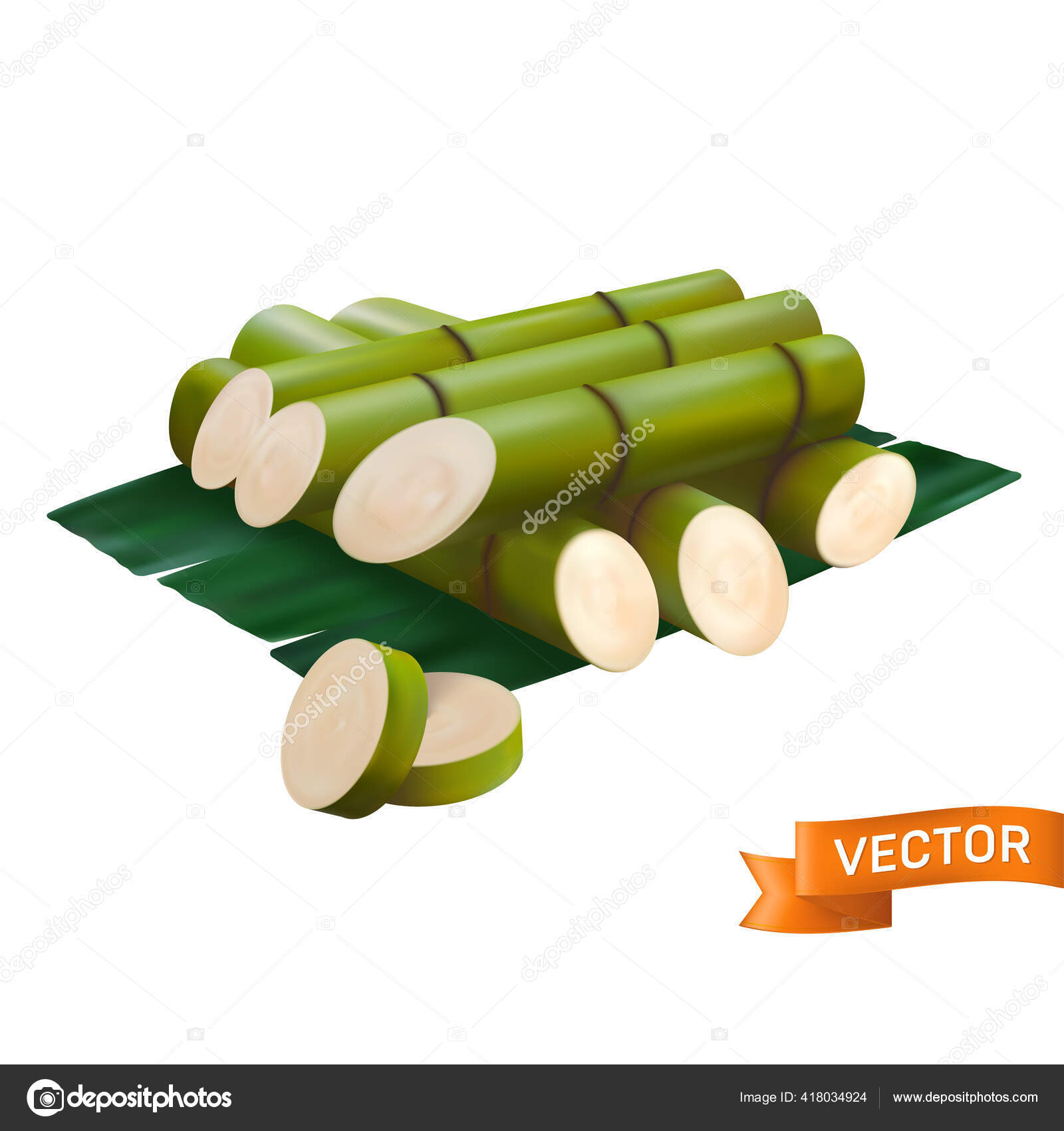5 minutos de español: ¡Se acaba el 2020! / 5 minutes Spanish: 2020 is ending! English/Spanish version & Podcast
Hi, how are you doing?
 |
| Se acabó el año |
Good
morning, good afternoon or good evening, depending on where you are or what
time you hear us
In these 5 minutes of Spanish in the middle of the
week we are going to talk about the uses of finishing and ending. We
will analyze 5 ways to apply it. In other words, 5 uses in 5 minutes. That is good,
isn't it?
First use:
Acabarse-
Para expresar un evento que terminó o finalizó.
To
express an event that has finished or ended
¡Se
acaba el año 2020, estamos en diciembre! Un año raro, ¿verdad? 
Click here
The
year 2020 is ending, we´re in December! A strange year, isn't it?
La
clase se acabó a las 3:30 Class is over at 3:30
Se
acabaron las vacaciones ya comienza el año escolar. Vacation is over and the school year is starting.
Second use:
Para decir que algo se gasta o se consume totalmente –To say that you run out of something.
Se
acabó el azúcar, hay que comprar más. No more sugar, we have to buy more.
Se
acabó la gasolina, uyy ya estamos en rojo, ¿Hay una gasolinera cerca? Threre
is no more gas left, oops, we're already in the red, is there a gas station
nearby?
 |
| Se acabó la gasolina |
Se
acabaron los huevos, no puedo hacer el pastel. No more eggs, I can't make the
cake.
Third use:
Acabar
de + infinitivo– Cuando quieres expresar una acción que pasó justo antes del
momento en el que estás hablando. When you want to express an action that happened just
before the moment you're talking
Acabo
de comer, es igual a decir, comí hace muy poco tiempo o recién comí. It is the same as saying I ate very recently or I´ve
just eaten.
Acabo
de llegar de la casa de María, la pasamos muy bien. I´ve just come from Maria´s house,
we had a great time
Acabo
de subir un comentario en Facebook y ya tengo muchos Me gusta. I´ve just
posted a comment on Facebook and I already have many likes.
Or
we can refer to the past: acabé de escuchar los 5 minutos de español y estoy
escribiendo varios ejemplos con acabarse. I´d just listened to the “5 minutos
de español” and I ´m writing several examples with acabarse.
Acabo
de comprar la membresía anual en SpanishUp2U y voy a practicar muchísimo
español.
I´ve
just bought the Spanishup2U annual membership and I´m going to practice a lot
of Spanish
Fourth use:
Acabar
con + noun - Cuando te refieres a poner fin o destruir una persona, animal o
cosa. When you refer to ending or destroying a person,
animal or thing.
Están
buscando la vacuna para acabar con el coronavirus. They are looking for the vaccine to
end the coronavirus.
Lincoln
acabó con la esclavitud en EE UU. Lincoln ended slavery in the United States.
Los
incendios en California acabaron con muchos árboles maravillosos. The
fires in California killed many wonderful trees.
And we're almost done, we're going for the fifth use:
Acabar + gerund
Cuando acabas haciendo algo – When you end doing something.
Estudió
abogacía pero acabó siendo vendedor de Bienes Raíces, le encantan las
inversiones inmobiliarias. He studied law but ended up being a real estate
salesman, he loves real estate investments.
No
lo quería mucho pero finalmente acabó aceptándolo. She didn't love him very much but
finally ended up accepting him.
Let's finish with a saying:
Si
dices que algo es siempre igual y se repite una y otra vez dices que es el
cuento de nunca acabar. If you say something is always the same and it is
repeated over and over again you say it is the never-ending story.
 |
| El cuento de nunca acabar |
We're out of the 5
minutes, we have to go.
We
just uploaded articles to SpanishUp2U, have you read them yet?
Thank
you very much for finishing listening to this podcast, share it with your
friends.
We are waiting for you in
our workshops and online classes. If you are in Los Cabos, see you here or at
the Organic Market.
Greetings
Bye-bye
Versión en español
Hola,
¿qué tal?
Buenos
días, buenas tardes o buenas noches, según en el lugar en el que estés o a la
hora en la que nos escuches
En
estos 5 minutos de español a la mitad de la semana vamos a conversar sobre los
usos de acabar y acabarse. Vamos
analizar 5 formas de aplicarlo. O sea 5 usos en 5 minutos, ¿es bueno verdad?
Primer
uso:
Acabarse- Para expresar un evento que terminó o finalizó. To express an event that has finished or ended.
¡Se
acaba el año 2020, estamos en diciembre! Un año raro, ¿verdad? The year 2020 is ending, we´re in December! A strange year, isn't it?
La
clase se acabó a las 3:30 Class is over at 3:30
Se
acabaron las vacaciones ya comienza el año escolar. Vacation is over and the school year is starting.
Segundo
uso:
Para
decir que algo se gasta o se consume totalmente –To say that you run out of something.
Se
acabó el azúcar, hay que comprar más. No more sugar, we have to buy more.
 |
| Caña de azúcar |
Se
acabó la gasolina, uyy ya estamos en rojo, ¿Hay una gasolinera cerca? Threre
is no more gas left, oops, we're already in the red, is there a gas station
nearby?
Se
acabaron los huevos, no puedo hacer el pastel. No more eggs, I can't make the
cake.
Tercer
uso:
Acabar de + infinitivo– Cuando quieres expresar una acción
que pasó justo antes del momento en el que estás hablando. When you want to express an action that happened just
before the moment you're talking.
Acabo de comer, es igual a decir, comí
hace muy poco tiempo o recién comí. It is the same as
saying I ate very recently or I´ve just eaten.
Acabo de llegar de la casa de María, la
pasamos muy bien. I´ve
just come from Maria´s house, we had a great time.
Acabo de subir un comentario en Facebook y
ya tengo muchos Me gusta. I´ve just
posted a comment on Facebook and I already have many likes.
O podemos referirnos al pasado: acabé de escuchar los 5
minutos de español y estoy escribiendo varios ejemplos con acabarse. I´d just listened to the “5 minutos de español” and I ´m
writing several examples with acabarse.
Acabo de comprar la membresía anual en
SpanishUp2U y voy a practicar muchísimo español.
I´ve just bought the Spanishup2U annual membership and
I´m going to practice a lot of Spanish.
Cuarto
uso:
Acabar con + sustantivo - Cuando te refieres a poner fin o
destruir una persona, animal o cosa.
When you refer to ending or destroying a person,
animal or thing.
Están buscando la vacuna para acabar con
el coronavirus. They
are looking for the vaccine to end the coronavirus.
Lincoln acabó con la esclavitud en EE UU. Lincoln ended slavery in the United States.
Los incendios en California acabaron con
muchos árboles maravillosos. The
fires in California killed many wonderful trees.
Y ya
casi acabamos, vamos por el quinto uso:
Acabar
+ gerundio
Cuando acabas haciendo
algo – When you end doing something.
Estudió abogacía pero acabó siendo
vendedor de Bienes Raíces, le encantan las inversiones inmobiliarias. He studied law but ended up being a real estate
salesman, he loves real estate investments.
No lo quería mucho pero finalmente acabó
aceptándolo. She
didn't love him very much but finally ended up accepting him.
Vamos
a acabar con un dicho:
 |
| El cuento de nunca acabar |
Si dices que algo es siempre igual y se repite una y otra
vez dices que es el cuento de nunca acabar. If you say something is always the same and it is
repeated over and over again you say it is the never-ending story.
Se nos
acabaron los 5 minutos, ya nos tenemos que ir.
Acabamos de subir artículos a SpanishUp2U,
¿ya los leyeron?
Muchas gracias por acabar de escuchar este
podcast, compártelo con tus amigos.
Te
esperamos en nuestros talleres y clases online. Si estás en Los Cabos nos vemos
aquí o en el Mercado Orgánico.
Saludos
Chau, chau




Comentarios
Publicar un comentario